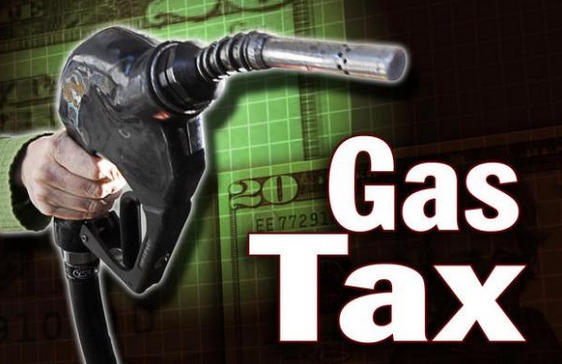
A newly released joint study from the Georgia state House and Senate claims that the state doesn’t spend close to enough money on transportation maintenance and infrastructure and that more revenue is needed in both the short and long term. The Georgia Department of Transportation’s strategic 20-year plan calls for $160 billion in spending, compared to a projected $86 billion in transportation revenue projections and commitments. Essentially, the report concludes that “the state has a funding gap of $1.0 billion to $1.5 billion annually.”
An infrastructure consultant went even further, nothing that in order to address “the full universe of transportation needs, including establishment of passenger rail systems,” the state would need between $3.9 and $5.4 billion annually.
For comparison, Georgia’s entire 2015 budget is $20.8 billion.
At least they admit that these figures represent “significant new costs for the state” and taxpayers.
The reports recommendations are as follows:
-
Dedicate the final 25% of the sales tax on gasoline to transportation projects. The fact that this hasn’t always been the law is baffling. The report projects this will yield between $180-185 million annually for transportation spending.
-
Convert the sales tax of 4% on gasoline to an equivalent, stable, per gallon tax. Though the report notes that should be about 22-25 cents per gallon, someone making that calculation miscalculated. That recommendation would constitute a tax increase (as it is above 4%). 4% at present prices would actually be roughly 9 cents per gallon in Georgia. Regardless, this idea makes little sense if the state hopes to have gas tax revenue keep pace with gas prices and inflation (which a sales tax on gasoline permits).
-
Index the gas tax to inflation with automatic tax increases unless the price of gasoline falls. The report projects this would yield about $60 million annually.
-
Raise the state sales tax by 1%. This would equate to a $1.4 billion tax hike annually, fhitting low and middle-income consumers hardest.
-
Raise the gas tax by 10 cents per gallon. This would equate to a $600 million tax hike annually.
-
Establish a hybrid car tax increase. While punishing people for driving hybrids may be amusing, in the case of the report’s suggestion it still results in a tax increase of $200-$300 per year for alternative fuel vehicles.
The report also includes vague calls for more spending on light rail and transit, $3.6 billion in new bonds, and new tolls.
This laundry list of mostly bad ideas and tax increases should concern taxpayers, especially three years after voters rejected one of the largest components of these suggestions: the T-SPLOST sales tax hike of 2012.

